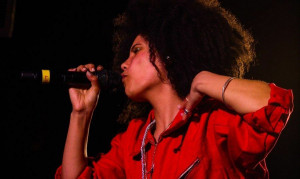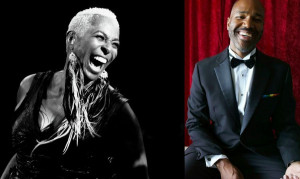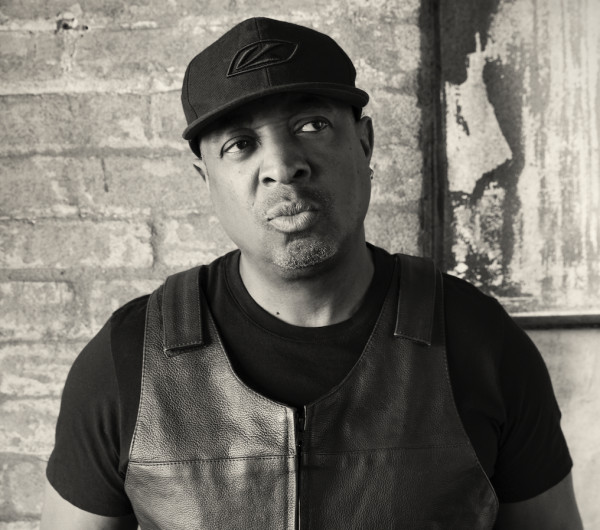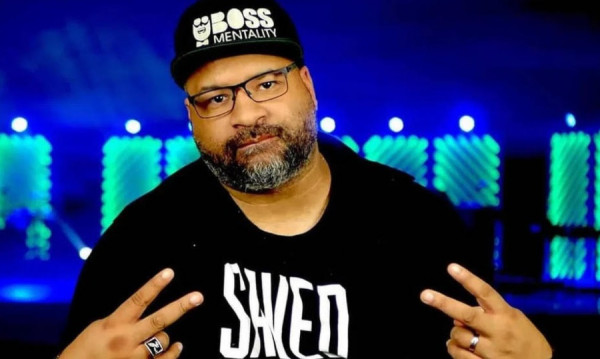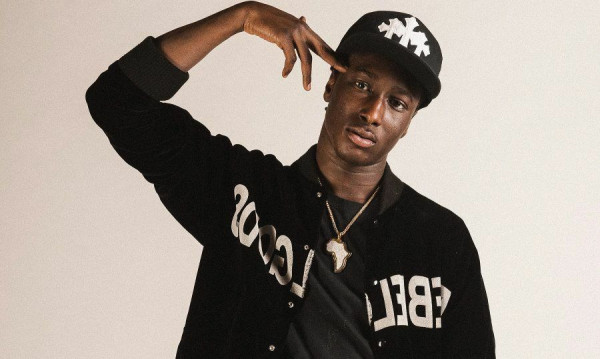While Black wealth has been a hotly contested issue for years, with many preferring the moniker “Black Excellence” rather than assimilating into capitalism that was built to exploit us. For many Black Canadians, economic inequality is nothing new. As Brooklyn-based rapper Saint Jhn professes “We made it to a Slim Jxmmi from a Jim Crow,” suggesting the expanse that Black people have crossed from the days of segregation to what it seems Jhn interprets as freedom, at least artistically. From overt practices such as redlining to more systemic operations that led Toronto to declare anti-Black racism a public health crisis in June 2020, it seems Black Canadians still have much further to go before “freedom.”
Public education, one frontier that many look to as a means to gain an advantage, does very little to prepare young people with the financial literacy to navigate the Canadian economy, much less explain the intricacies of wealth creation to poor or vulnerable Black people and families. Existing in the marginal space of being Black in Canada, rap music and hip-hop culture offers alternative education, bestowing insights into money management, while also exploiting the gaps to which some people are systemically victim.
Raspy voice, dreadlocks, and red leather pants, Saint Jhn sings of the love the trap has shown him and drops bars that could only be understood as “hood rules.” Saint Jhn, whose given name is Carlos Saint John, releases music that he refers to as collections, citing inspiration from his interest in fashion, and also demonstrating his knowledge of artistry, marketing and personal branding. He does drop albums in between collections, to keep people intrigued. In an interview, Jhn admitted that the album Ghetto Lenny’s Love Songs is his imagining of what it would be like if he married a stripper. On “Wedding Day,” he explains “Girl, we can’t ever get divorced if I marry you…Shit that I learned, you can’t learn in no library.” Especially as the economy puts pressure on people to couple up and double their incomes, what was once referred to as DINKs (Double Income, No Kids) seems to have been replaced by SWANs (Strong Women Achievers, No Spouse), and Black SWANs at that.
In an article in The Walrus by Hadiya Roderique called Dating While Black, apparently “while black women in Canada may receive 90 percent of the messages that white women do, many report receiving more sexualized messages, and fewer messages from men they would actually like to date." Finding a mate is hard enough, and keeping that partner seems even harder with the Canadian divorce rate sitting at around 38%. Brampton rapper Haviah Mighty gets it as she explains “They used to say I’m too loud, but that’s cool now/love my skin, always been proud, guess that’s in now” near the middle of In Women Colour. Although getting married and combining resources can actually be a wealth generator, Jhn reminds us that “anything can happen” and warns against “mix[ing] the money up with emotions.”
Despite the trend amongst all of Canada being that people across the country are waiting longer to get married, the general consensus is that it is not only financially damaging to incur divorce, but that marriage doesn’t have the prestige it once did: nearly one-fifth of Canadians have entered into a common-law marriage, which is triple the amount reported in 1981. Being aware of these statistics makes financial sense – one way to avoid mixing money with emotions.
Saint Jhn would agree, as he was raised by a single mother in Brooklyn, New York, an immigrant from Guyana. In 2014, Statistics Canada reported that 81% of lone-parent families were headed by mothers. It seems the rapper is acutely aware of the consequences of being poor, feeling poor, and knowing exactly how expensive poverty is. In Toronto, Black people “are more than twice as likely to live in low-income households compared to residents who are non-visible minorities. Meanwhile, 44 percent of Black children live in poverty, compared to 15 percent of non-racialized children.” Having been homeless himself, these days Jhn raps about paying off his mom’s house, “tryna buy a grotto,” and “dreams of a Porsche [keeping him] up at night.” As many youths at or below the poverty line can relate, the flex, the drip and the flash of Black people who aren’t poor is intoxicating.
The desire to have nice things, to be financially irresponsible is alluring and is an emotion that young people are often not taught to regulate in public institutions like school. Those lessons are more likely to come from home conversations – if older, financially wise people are in the home. Rappers like Drake, Kanye and Saint Jhn are idols to some of these young people, infatuated with the scenes of money, cars, women, silk pyjamas, and lavish lifestyles. And these rappers know it. Saint Jhn often admits that he enjoys “ignorant” indulgences, even going so far as to name his 2019 jaunt the “IGNORANt Forever Tour.”
In today’s popular culture, “ignorant” is a deliberate persona, one that hemorrhages money on style and luxury. The irony is that these rappers are not ignorant in the traditional way; they have appropriated the term to make ignorant into an ideal. Being rich used to look like white men in starched suits talking business or wearing khakis on the golf course. Rappers like Saint Jhn make being rich look cool, and as we know, cool is profitable. In a 2013 interview with The Breakfast Club, Kanye defended his notoriously horrid “Bound 2” music video, explaining "I wanted to take white trash T-shirts and make it into a video. I wanted it to look as phony as possible. I wanted the clouds to go one direction, the mountains to go one direction, the horses to go over there...'cause I want to show you that this is The Hunger Games. I want to show you that this is the type of imagery that's been presented to all of us. And the only difference is a black dude in the middle of it." Rap’s reclamation of “ignorant” as a term to describe Black people is meant to punch up, to call out the elite circles that have historically and systemically left Black people out, or mystified what was available to us.
Capitalism is not an ideal for Black people to idolize, and this type of portrayal has material effects for the Black youth who look up to these rappers. In his admittedly ignorant track, Jhn exclaims “all I want is a yacht.” There is an undeniable sense of freedom that comes with an influx of new money, and Jhn is an obviously talented lyricist, and very astute thinker and speaker during interviews. It is undeniable that he is aware of how culture works, and how acting ignorantly will work in his favour. Jhn even went as far as naming his clothing company “Christian Sex Club,” selling $45 and $100 t-shirts., comparable to OVO’s $48 t-shirts. Now, it would be ignorant of me to expect Black artists in general, but especially those who understand how capital works, to price any lower for their art.
Off-White, the streetwear label by Virgil Abloh, advertises t-shirts for $435, and Pyer Moss sells men’s tees for $125. When challenged about selling a plain white tee for $120, Kanye himself even admitted that he would like to make affordable attire, but he doesn’t set the prices for his clothing or footwear. To Kanye this is another example of Black people not having any power in the game, regardless of what level of success they attain. Perhaps he has a point, seeing as Louis Vitton is selling t-shirts at upwards of $800 USD. Black artists: you deserve to be compensated for your work. Black people: spend within your means. With images and representation that valourizes living lavishly, it would be hard for a kid without any financial literacy hearing “gettin’ my money, my n**** I’m paid/The p**** is good, my credit is great” and decide that good credit is an immediate goal.
Referring to himself as “Ghetto Lenny,” explaining that he has all the style and appeal of Lenny Kravitz, he just doesn’t play guitar, Jhn shows that there is space to be vulnerable while being ignorant. In Collection One, Jhn admits “All I ever wanted was a brilliant b****/With a nice a**, with a Wall Street mind and a project smile.” As many rappers have said before, there is a specific kind of respect – or the illusion of respect – reserved for strippers, sex workers, and women who know how to hustle. Jhn is able to profess the desirability of women with a “Wall Street mind,” and in another song admit that he “don’t mean no disrespect, ya know/But I prefer Shaniqua over Lizabeth.” In a very rap way, Black women with intelligence (whether formal or informal), who come from the projects – and of course have a nice a** - are portrayed as worthy of respect. As the current wave of female rap has illustrated, there are far more talented Black women who have come from poor neighbourhoods, worked in the strip club, perhaps even attended college, and absolutely stacked their money. While it is true that these female rappers also rap about a “money bag” and their drip, they also demonstrate that it is sexy and street credible to be a “boss in a skirt” or the “hot girl coach.” It seems this wave of female rap is less ignorant and more Wall Street mind, with a nice a**.
It is also notable that Saint Jhn was a writer for Beyoncé’s #BlackGirlMagic anthem, “Brown Skin Girl.” With lyrics such as “she said she really grew up poor like me/Don’t believe in nothin’ but the Almighty” and “Brown skin girl/Ya skin just like pearls/Your back against the world/I’d never trade you for anybody else,” this song is anything but ignorant. Saint Jhn is able to exist in the rap lane that celebrates a glossy type of acting out, as well as create a chorus for Black girls from the hood to feel valuable in this world. This versatility goes to show that Black capitalism is possible, but should not be the goal. Elitist edicts of “personal responsibility” and the mythical “bootstraps” we should be pulling ourselves up by only continue to obfuscate the power dynamics that keep Black people as consumers, and not the owners of any means of production. Rappers like Kanye and Saint Jhn remind Black people that we have power, our art is cultural capital and cold, hard, cash. How much of that we actually own is another story. Being exploited by rich Black is, arguably, worse than being hustled by rich White. As former Police Chief Mark Saunders has shown us, not everyone who is our skin folk is our kinfolk. Perhaps because of capitalism’s class stratification and systemic oppression, they can never be. Rap is a reliable escape, one that has the potential to push our emotions to the extreme and leads us toward hedonism. Rap is also chock-full of lessons you can’t learn in a library.
Ashley Marshall is a professor of communications. Ashley holds a B.A. in Hons. English and Cultural Studies/Critical Theory, and an M.A. in English. Her work has appeared in VICE, Pitch Magazine, and Flare, while her research has been presented at Harvard, McMaster University, and UC Berkeley (pending). Ashley is a keen cultural critic, with passions for music and urbanism. Twitter: @1StoneRose
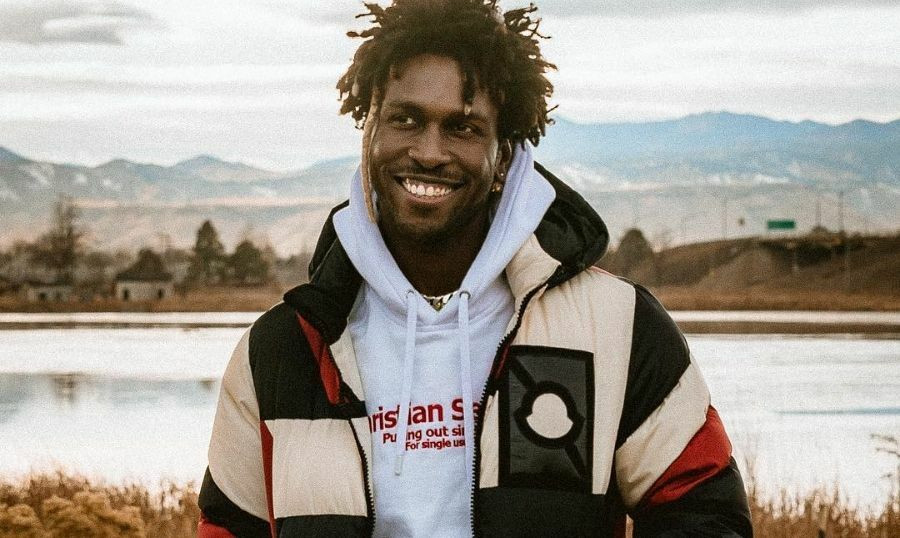
 By
By 

